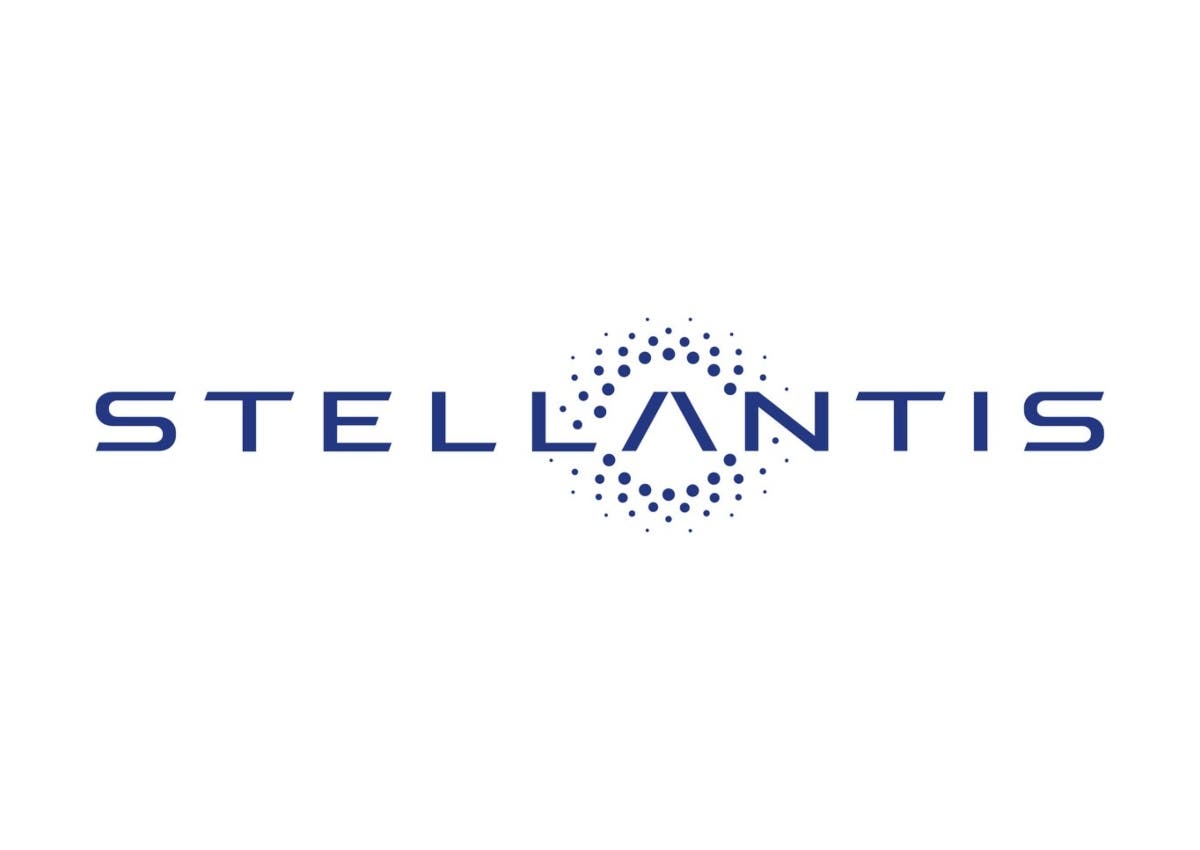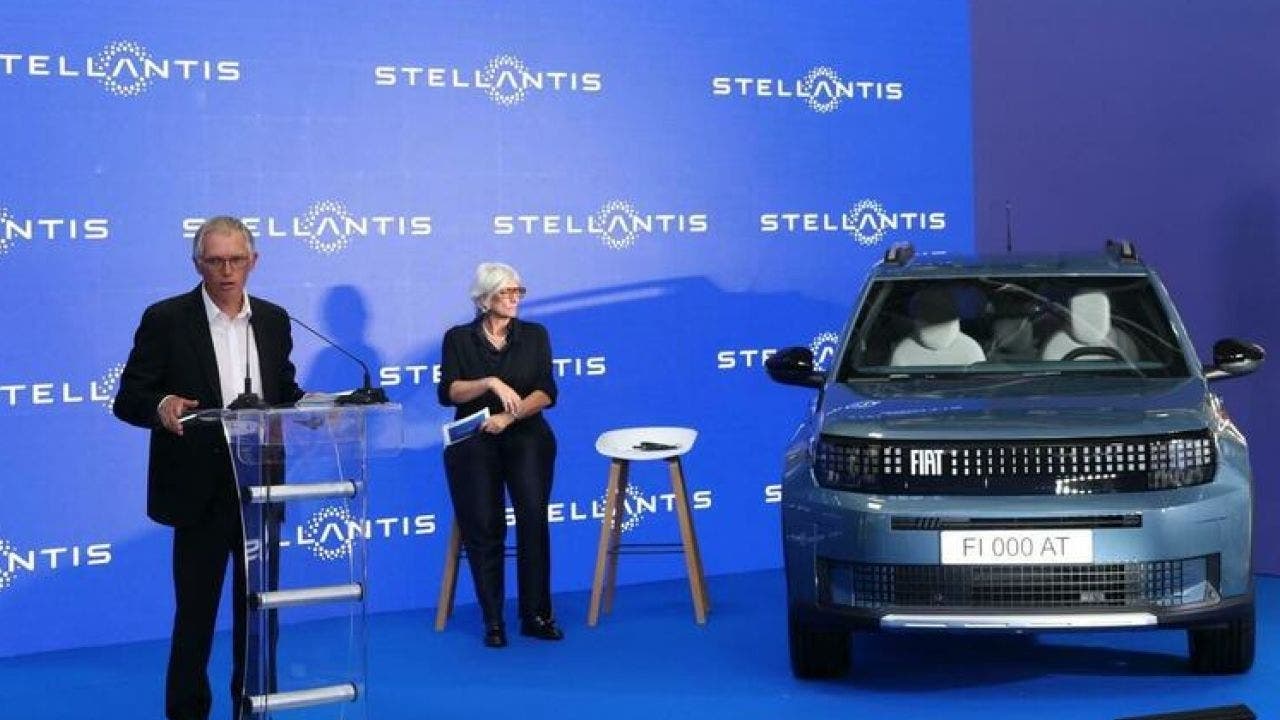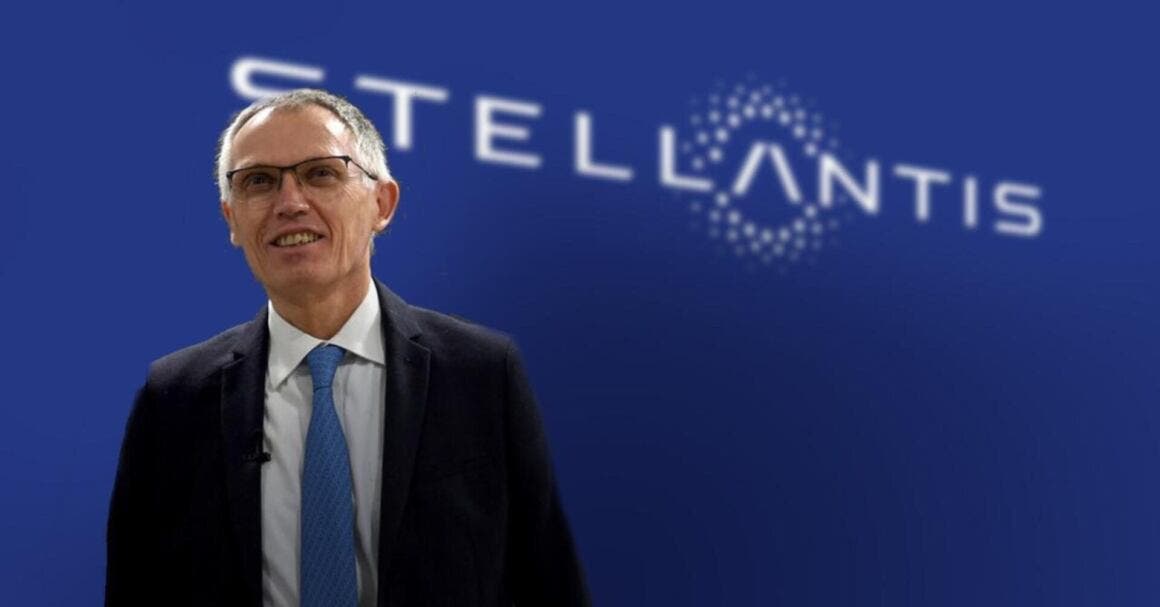Stellantis is ready to fight for a place in the European electric vehicle market, says CEO Carlos Tavares, speaking from Kragujevac in Serbia. The Portuguese manager wants the automotive Group to have its say against the feared Chinese battery-powered vehicles. “We will be brutally challenged by the Chinese offensive in the European market, but at Stellantis we are ready to fight. We will show them that we are working hard, that we have the right technology, that we are a very fierce competitor.”
Stellantis intends to combat Chinese competition with new low-cost cars

Serbia is one of the beating hearts of Stellantis, the company born in 2021 from the merger between FCA and PSA: the Eastern European nation is pushing to become a key European supplier of raw materials, batteries, and more sustainable electric vehicles. It signed a 190 million euro agreement with Stellantis in 2022 for the production of an electric vehicle at its Kragujevac automotive plant. The plant is seen as a growth generator for the entire region, where the Fiat Grande Panda is produced.
“This is a great opportunity for us. We are the only country in the Western Balkans region that has electric car production,” said Serbian President Aleksandar Vucic during the ceremony presenting the new production line.

Meanwhile, Serbia has reinstated a license for Rio Tinto. The goal is to develop Europe’s largest lithium mine in a potential boost to the continent’s economy. Annual lithium production of 58,000 tonnes is expected, enough for about 1.1 million electric vehicles, or about 17% of the European market.
The Government has signed an agreement with the European Union to give the bloc access to raw materials extracted in Serbia and strengthen their ties on the sustainable production of raw materials, batteries, and electric vehicles. Mercedes CEO Ola Kaellenius also said that his company is a potential customer for lithium and would support moving a larger part of the battery value chain to the nation.

